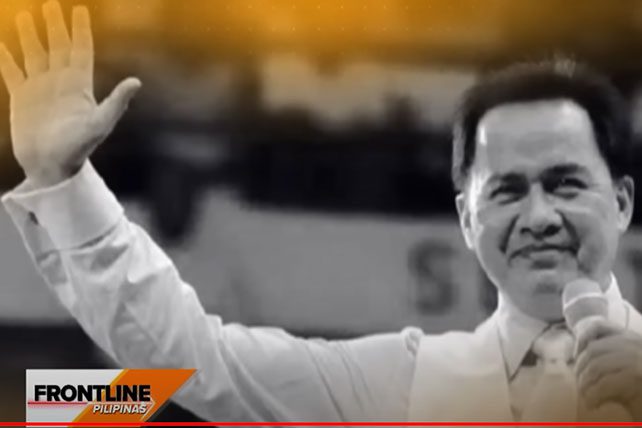In recent times, Pastor Apollo Sapulan Quiboloy has become one of the most divisive figures in the Christian community, particularly within the Philippines. The founder of the “Kingdom of Jesus Christ,” Quiboloy has attracted significant attention not just for his spiritual guidance but also due to a myriad of controversies surrounding him and his church. We’ll look at the life of Pastor Apollo Quiboloy, examining the allegations against him, and the wider implications these have on faith communities and societal accountability.
Apollo Quiboloy: Early Life and Rise to Prominence
Apollo Quiboloy was born in Davao City, Philippines, embarking on his religious journey early in life. He established the “Kingdom of Jesus Christ” in 1985, which has since evolved into a megachurch with a considerable following. Quiboloy’s rise to prominence is attributed to his charismatic leadership and compelling preaching, alongside his involvement in various social and community services through his church.
RELATED: 4 Reasons Megachurch Pastors Are Susceptible to Falling
The Kingdom of Jesus Christ and Its Teachings
The “Kingdom of Jesus Christ” emphasizes the restoration of God’s kingdom on earth, positioning Quiboloy as its appointed shepherd. The church’s doctrines stress obedience, repentance, and the abandonment of sin. However, Quiboloy’s claim to be the “Appointed Son of God” has incited debate and skepticism, with critics questioning the orthodoxy and authenticity of such assertions within broader Christian theology.
Controversies and Legal Challenges
Despite his spiritual impact, Pastor Quiboloy has been embroiled in various controversies, particularly regarding his adherence to legal and ethical standards. Recently, House of Representatives officials in the Philippines signed an arrest warrant against him, highlighting alleged violations of the Anti-Gambling Act. This legal challenge has intensified scrutiny around Quiboloy and his organization’s practices.
International Controversies and Legal Woes
The complexity surrounding Pastor Apollo Quiboloy extends internationally, with the FBI seeking him as a fugitive for allegedly leading a criminal enterprise that includes human trafficking and sexual slavery. The specifics of these charges and the number of potential victims remain unclear, casting a shadow over Quiboloy’s international reputation.
Quiboloy is not only a religious figure but also a businessman, heading ventures such as Sonshine Plus Philippines, aimed at supporting children with disabilities. Despite his diverse endeavors, his unorthodox claims, such as being the “Appointed Son of God,” have led to widespread controversy. In July 2022, the Philippine Senate conducted hearings into alleged sexual abuse and human trafficking linked to Quiboloy, accusations he staunchly denies.
The Response of the Faith Community
The legal allegations against Quiboloy have elicited varied reactions within the Christian community. Some see the legal actions as necessary for transparency and accountability, especially given religious leaders’ profound influence. Others perceive these measures as attacks on religious freedom, designed to discredit Quiboloy unjustly.
Ethical and Moral Considerations
Quiboloy’s case raises essential ethical and moral questions, challenging believers to discern the line between spiritual authority and personal accountability. It prompts a broader reflection on how religious leaders should be held accountable and the mechanisms required to ensure they comply with both spiritual and societal laws.

